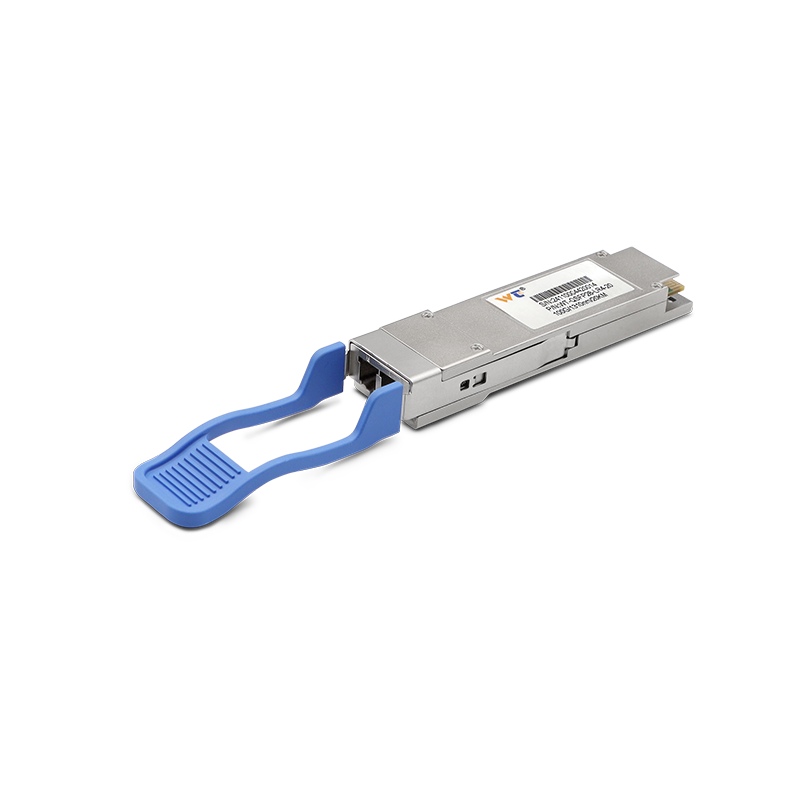In today's fast-paced digital world, grasping the intricacies of specialized IP addresses has become essential for anyone in the networking field—especially for network engineers. Hey there, fellow tech enthusiasts! Let’s take a moment to explore six fascinating IP addresses that often fly under the radar. These addresses are more than mere digits; they perform crucial roles in the vast universe of networking. By the time we finish this little excursion, you’ll have a deeper appreciation for how they bolster functionality and security, keeping you at the top of your game. So, let’s set off together on this enlightening path!
Before we dive into the specifics, it’s important to recognize how IP addresses are categorized. We have, of course, classful addressing, which groups IPs into classes A, B, C, D, and E, each with its own niche purpose. But hold on—there’s a treasure trove of lesser-known IP addresses that are just as significant. Think loopback addresses, link-local addresses, private addresses, and a few others. Their importance often gets overshadowed by those more commonly known, yet having a handle on these unique IPs can dramatically improve diagnostics, enable secure communication, and boost network efficiency.
Take loopback addresses, for instance—specifically, 127.0.0.1. They’re a godsend for network engineers since they allow real-time testing and troubleshooting without the hassle of extra hardware. And let’s not forget about link-local addresses (169.254.x.x)—these handy addresses automatically assign themselves when DHCP servers are nowhere to be found. On the flip side, private IP ranges (like 10.x.x.x, 172.16.x.x to 172.31.x.x, and 192.168.x.x) let us set up internal networks without hogging public IPs. And then there are specialized multicast addresses and reserved ranges, which cater to unique functions in networking that are vital for keeping our communication channels robust.
To truly harness the potential of these special IP addresses, a methodical strategy goes a long way. Start with digging into the specific functions of each address type. Following that, gather data on your current network setups and how these addresses fit into the picture. Next, analyze how they can be integrated into your existing infrastructure. It’s essential to test these addresses in a controlled setting before going live with them—document your observations to simplify future implementations. Regular reviews of these IPs during network assessments will keep everything running smoothly.
And hey, if you really want to ramp things up, consider applying advanced techniques like subnetting with those private IP addresses. This can not only enhance security but also make the most out of your address pool. Don’t hesitate to look into researching more specialized or reserved IPs that could assist in building resilient networks. Have you come across any unique uses for these addresses? I’d love to hear about your experiences!
Mastering these special IP addresses can drastically enhance your network configurations, leading to stronger security measures and higher operational efficiency. A common question that I often hear from engineers is about the actual benefits of loopback addresses in real-world scenarios. The beauty of these addresses lies in their ability to facilitate quick troubleshooting; any connection issues can be pinpointed without the influence of outside factors.
So, I encourage you to embrace the chance to practice using these IP addresses in your daily networking tasks. Hands-on experience is key—it will deepen your understanding and sharpen your troubleshooting skills. Why not set up test environments where you're free to explore the implications of each unique IP?
In wrapping up our discussion, we’ve taken a closer look at six often overlooked IP addresses that are vital for effective network management and security. Grasping their functions not only empowers network engineers like ourselves but significantly boosts the performance and reliability of our network architectures. By taking these specialized addresses to heart, you can ensure you’re always equipped with the know-how to maintain dynamic and efficient networking environments. Keep your curiosity alive—your expertise is a pivotal part of navigating the challenges of our digital era!






